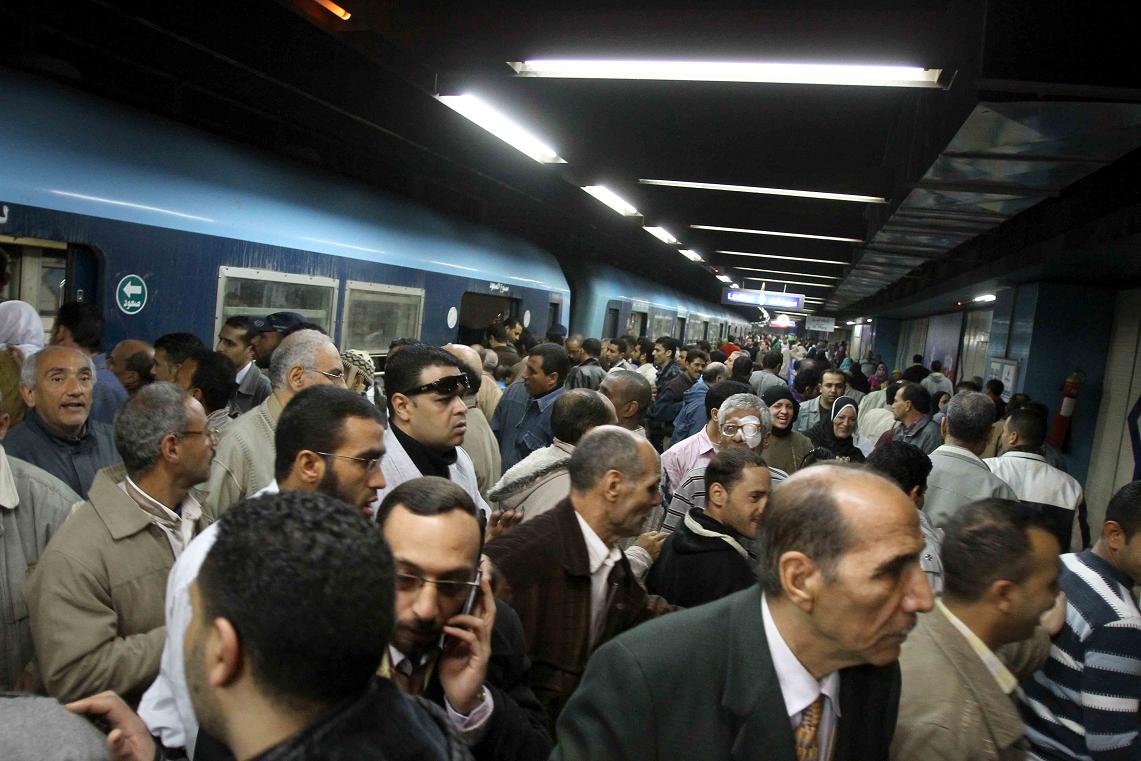CAIRO: While most of the distinguished speakers chose to open with pleasantries, Saeed El-Masry, a distinguished human rights scholar, chose an unusual approach to illustrate human rights problems in Egypt.
At the “Final Forum for International Human Rights Law Outreach Program (IHRLOP), El-Masry opened his remarks by referencing a dramatic story of an execution.
In a frank tone, El-Masry related a story told to him by a colleague “who was a professor of an elite Egyptian university. This professor told the story of the murder of an allegedly homosexual man in his village in Upper Egypt. The man was tricked into visiting the shores of the Nile where he was attacked and drowned for bringing shame on his village. The police dismissed the killers for having done the right thing.
El-Masry noted with scorn that this professor had felt “relief that this scandal had been “dealt with and failed to view the incident as a violation of basic human rights.
The IHRLOP conference was of course not focused on dramatic stories but instead on the details and realities of the academic teaching of human rights in Egyptian higher education. El-Masry’s comments illustrated the difficulties facing the promotion of human rights education in Egypt. They also contrasted with the success of the IHRLOP conference which has brought the issues of human rights to the forefront of Egyptian academia.
The conference marked the completion of the International Human Rights Law Outreach Program (IHRLOP). The conference was held at the Cairo Marriott in Zamalek and attracted hundreds of students, professors, and legal professionals, as well as representatives from the program’s sponsors.
The USAID, the American University in Cairo (AUC), the United Nations Development Program, and the Egyptian Foreign Ministry all contributed to the program. While the initiative logistical support largely came from AUC, the bulk of the funding was provided b USAID.
Over the past three years the program had worked with faculty from seven different universities offering human rights education and training. Additionally, Suez Canal University was elected to run the program at three of its campuses bringing the total number of campuses involved in the program to nine.
The program was run at universities across Egypt, from Alexandria to Assiut. It initially trained roughly 450 professors and faculty with the basic tools to be a resourceful person to promote human rights on their campus and within their community. Additionally, 88 people were selected from this cohort to undergo advanced training.
Many of those professors were present at this final conference and voiced their opinions on what aspects of the program needed improvement and what had been successful. Some concerns were more theoretical, others more practical.
Because there was no universal curriculum during the program, some questioned whether more emphasis should be placed on Egyptian law or the theoretical ideas of thinkers like Immanuel Kant and Jean-Jacques Rousseau. Others sought to reconcile the ideas of human rights with Sharia and the ideas of Egyptian culture.
Adel Qura, from the National Council of Human Rights, spoke of the commonality of human rights within the context of the “Arabo-Islamic-Christian culture common within Egypt and stressed that human rights are part of Egypt’s historical tradition.
Some professors confessed in private that liberal ideas about human rights concerning homosexuality and the abolition of the death penalty clash with some interpretations of Islamic law.
Professors agreed that Egyptian students were eager to learn about human rights.
The curriculum of the IHRLOP program varied widely across the campuses of Egypt.
Mostafa Elwi, a Shoura Council member, spoke in favor of creating a national core curriculum on human rights and praised the fact that education in the United Arab Emirates and in the United States included a mandatory class on politics and governance.
Others were more hesitant with this notion. El-Masry noted that if human rights courses were pressed upon engineering and medical students (two of the most popular majors in Egypt) they risked weakening the ideas behind the program: “they [will] become the type of courses where students read the text before the exam but, don’t take away anything they can use in their careers . human rights would risk becoming a marginalized subject, he explained.
While clearly this program planted important seeds within Egyptian civil society and human rights it remains to be seen what will come of this and other similar efforts in Egypt over the long term – especially without the generous financial support found throughout the first three years of this program.

